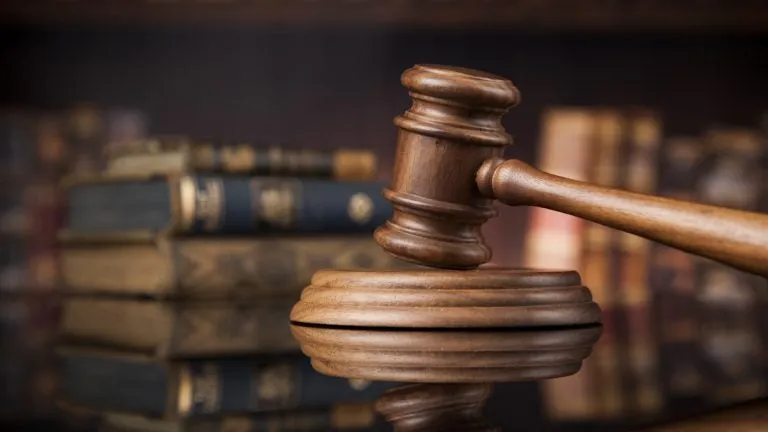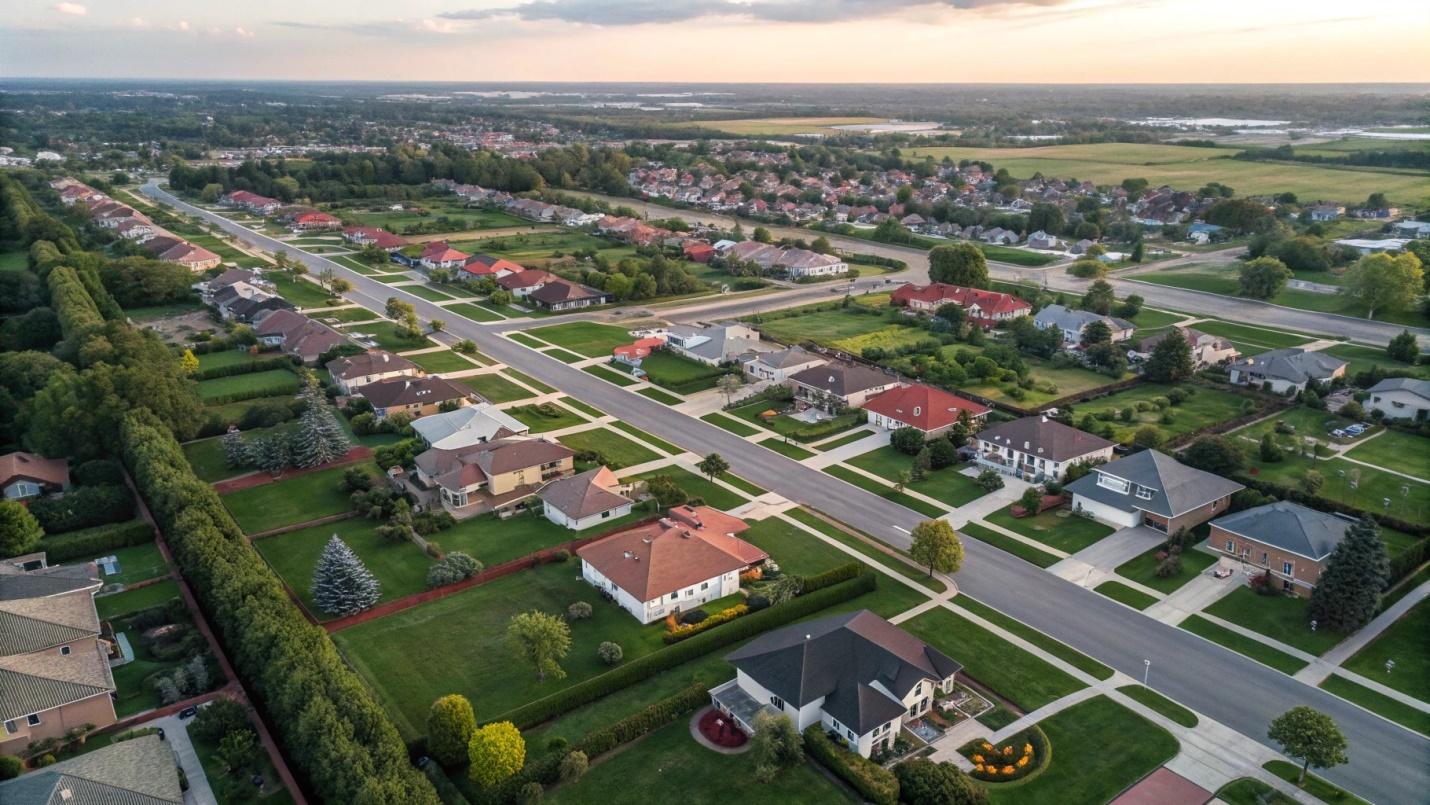Navigating the NJ Court System A Quick Guide
If you’ve ever received a traffic ticket or become involved in a legal matter in New Jersey, you might feel intimidated by the idea of going to court. However, the state’s court system is structured to handle everything from minor traffic violations to major civil and criminal cases. This blog aims to demystify the New Jersey court system so you’ll know where to go, what to do, and how to protect your rights.
Overview of the NJ Court System
- Municipal Courts: Handle minor offenses such as traffic tickets and local ordinance violations. If you’re cited for nj parking tickets or have to make a small claims case under a certain dollar amount, you’ll likely end up here.
- Superior Courts: These are trial courts divided into the Law Division, Family Division, and Chancery Division. They handle more serious civil, criminal, and family law matters.
- Appellate Division: If you disagree with a Superior Court decision, you can appeal to the Appellate Division.
- Supreme Court of New Jersey: The state’s highest court, which reviews decisions from the Appellate Division and major cases affecting state law.
Common Reasons to Appear in Court
- Traffic Violations: Speeding, reckless driving, and other moving violations often require a municipal court appearance if not resolved by paying a fine. For instance, you might be directed to njmcdirect.com pay ticket if you choose to settle online.
- Parking Tickets: While many prefer to pay these online or by mail, challenging a ticket might require appearing in municipal court.
- Civil Disputes: Cases involving contract disputes, landlord-tenant issues, or personal injury claims are generally heard in the Superior Court’s Law Division.
- Family Matters: Divorce, child custody, and domestic violence issues are handled by the Family Division.
- Criminal Charges: Serious offenses, including felonies, go to the Superior Court’s Criminal Division.
Before You Go to Court
- Check Your Documents: Court summonses, complaints, or notices will specify which court you need to attend.
- Understand the Allegations: If it’s a traffic ticket, read the description of the violation, any details about fines, and possible points on your license.
- Legal Representation: Depending on your case, you might need an attorney, especially for more serious matters. If you can’t afford one, the court may assign a public defender in criminal cases.
- Research Your Options: Some tickets can be handled by online payment, such as using www.njmcdirect.com traffic ticket payment, but more serious offenses or disputed cases require a court appearance.
Municipal Courts: The Starting Point
Municipal courts handle a large volume of cases quickly. They often have sessions during weekdays, with some courts offering evening sessions. For minor traffic violations, the process is straightforward:
- Plead Guilty: You can plead guilty and pay the fine, often prior to the court date, avoiding a court appearance.
- Plead Not Guilty: If you believe you’re not at fault, you can request a trial before a municipal court judge. The officer who issued the ticket will testify, and you can present your evidence.
If found guilty, you might pay fines and court costs, or receive points on your driver’s license. In some cases, the judge may refer you to a defensive driving program or require community service.
Superior Court: Where Serious Matters Go
When disputes or crimes exceed the jurisdiction of municipal courts, the case is elevated to the Superior Court:
- Criminal Division: Deals with indictable offenses (felonies). Pre-trial hearings, plea bargains, and trials take place here.
- Civil Division: Handles lawsuits typically over a certain dollar amount (currently $15,000 or more), personal injury cases, and other major civil matters.
- Family Division: Deals with divorce, custody, alimony, and domestic violence restraining orders.
The Appeal Process
If you disagree with a municipal or Superior Court decision, you can file an appeal. For example, if you believe the judge erred in interpreting the law, you can ask the Appellate Division to review the record. The appeal process can be complex, often requiring a transcript of the original court proceedings and a formal legal brief arguing why the decision should be reversed.
Court Etiquette and Tips
- Dress Appropriately: Business casual or formal attire is recommended.
- Arrive Early: Give yourself ample time to park, locate the courtroom, and pass through security.
- Be Polite: Address the judge as “Your Honor.”
- Silence Your Phone: Courtrooms generally prohibit cell phone use.
- Organize Your Evidence: If you have documents, photos, or other proof, have them ready to present.
- Don’t Interrupt: Even if you disagree with something said in court, wait for your turn to speak.
Paying Fines and Fees
If you’re found guilty of a traffic offense or minor violation, you’ll be required to pay a fine. Many municipalities allow online payments:
- For traffic tickets, you can visit platforms like njmcdirect.com pay ticket to settle fines quickly.
- For more serious offenses, payment plans may be arranged under court supervision, but skipping payments could lead to additional penalties.
Additionally, if you’re found guilty of repeated traffic offenses or you accumulate points, you might face surcharges or license suspensions. If you do face surcharges, it’s crucial to pay them on time to avoid further legal complications.
Alternatives to Going to Court
New Jersey offers several programs that can keep your case out of court:
- Mediation: In civil disputes, both parties can opt for mediation to reach a mutually acceptable resolution.
- Plea Bargains: In criminal matters, the defendant may negotiate with the prosecutor to plead guilty to a lesser charge.
- Defensive Driving Courses: For minor traffic offenses, completing a course can sometimes reduce points and prevent escalation to a court trial.
Staying Informed
Understanding how the court system works can help you make informed decisions:
- Look for Official Resources: The New Jersey judiciary website provides information on court locations, procedures, and forms.
- Consult an Attorney: For complicated matters, professional legal advice can clarify your rights and obligations.
- Ask Court Staff: Clerks can guide you through administrative processes, such as filing documents or scheduling hearings.
A Quick Example
If you receive nj parking tickets and decide to fight them, you’ll go to municipal court. Once there, the judge reads the charge. You can either plead guilty or not guilty. If you plead not guilty, you’ll present evidence—like photographs showing unclear signage—while the ticketing officer testifies. If the judge rules in your favor, the ticket is dismissed. If not, you must pay the fine and court fees. You can then decide if you want to accept the verdict or appeal. If you accept, you could use platforms like www.njmcdirect.com traffic ticket payment to settle fines conveniently.
Conclusion
Navigating the New Jersey court system doesn’t have to be daunting. Whether you’re dealing with a simple traffic ticket or a more serious legal matter, knowing which court handles your case and what to expect can make the process smoother. From municipal courts that address everyday issues like parking or traffic violations to Superior Courts dealing with high-stakes civil and criminal cases, understanding your rights, responsibilities, and options is key.
Remember to dress respectfully, arrive early, and keep an open mind to resolution methods like mediation. The courts exist not to intimidate you, but to ensure fairness and justice. By taking advantage of resources such as njmcdirect.com pay ticket when appropriate and staying informed about each step in the process, you can navigate the legal maze with confidence. In the end, knowledge is your strongest ally when facing any legal procedure in the Garden State.











Post Comment